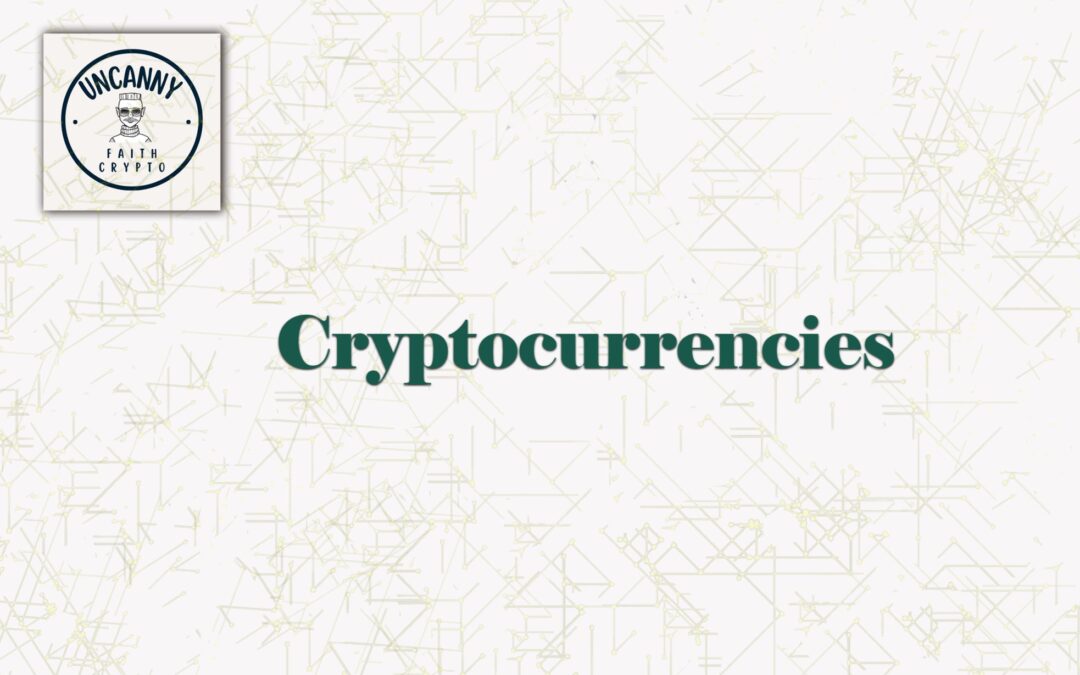In today’s interconnected world, cloud computing has become a cornerstone of modern technology. From data storage to powering AI models, the evolution of cloud services is undeniable. But the game is changing rapidly, as we embark on an era defined by decentralisation. At the forefront of this revolution is Akash Network, a trailblazer in decentralised cloud computing. But what does the future hold for Akash Network, particularly in 2025, and how will it shape the broader decentralised cloud ecosystem?
In this article, we’ll dive deep into the trends propelling the Akash Network to make waves by 2025. We’ll answer your burning questions, explore innovative use cases, and uncover actionable insights to help you understand the future of decentralised cloud computing.
What is Akash Network? A Brief Overview
Before we delve into the future, let’s align on the basics. The Akash Network is a decentralised cloud platform designed to provide developers with scalable computing power. Powered by blockchain technology, Akash serves as the “Airbnb for cloud computing,” enabling users to lease unused computing resources from providers across the globe.
Rather than locking developers into the limiting ecosystem of centralised providers like AWS, Google Cloud, or Microsoft Azure, Akash offers a trustless, censorship-resistant alternative. The advantages of this approach include:
-
- Cost Savings: With computing resources available at up to 90% less than centralised providers, Akash makes cloud services more affordable.
-
- Decentralisation: Reduced dependency on centralised entities prevents monopolistic control and enhances service redundancy.
-
- Censorship Resistance: By decentralising cloud resources, Akash ensures greater freedom and reliability for developers deploying apps.
Now that we have an understanding of Akash Network, let’s explore the key trends shaping its growth and impact leading into 2025.
The Key Trends Driving Akash Network in 2025
1. Decentralisation Hits the Mainstream
With increasing global concerns around data privacy, censorship, and monopolistic practices among centralised cloud giants, decentralisation is no longer the niche concept it once was. In 2025, we anticipate a significant uptick in businesses and developers opting for decentralised services.
The Akash Network is uniquely positioned to capitalise on this shift due to its permissionless nature and scalability. Startups, especially those in blockchain, gaming, and decentralised finance (DeFi), are already showing a strong preference for decentralised cloud solutions. By 2025, we can expect Akash to emerge as a household name in these sectors.
Actionable Insight:
Developers and businesses preparing for the decentralised future should start experimenting with Akash now. Setting up configurations, deploying trial applications, and monitoring performance will ensure a smoother transition as demands scale in 2025.
2. AI/ML Workloads Drive Demand
The world is seeing exponential growth in Artificial Intelligence (AI) and Machine Learning (ML) workloads, which require immense computing power. Solutions like Akash are becoming increasingly attractive due to the cost-efficiency they offer.
For example, while training an AI model on centralised cloud services like AWS could cost a small fortune, Akash’s marketplace allows developers to acquire computing power at a fraction of the cost. By 2025, Akash will likely become a go-to solution for startups and businesses working on AI/ML algorithms and needing scalable, affordable infrastructure.
Expert Insight:
“AI innovation is bottlenecked by expensive cloud infrastructure. Decentralised solutions like Akash may enable smaller players to compete on a level playing field against tech giants, fostering an entirely new wave of breakthroughs.” — [Dr. Jane Smith, AI Researcher]
3. Censorship Resistance Becomes Non-Negotiable
As governments and corporations tighten their grip on the internet, censorship resistance is becoming a key driving force in technology adoption. Digital infrastructure must not only scale and perform well, but must also protect against political and corporate overreach.
Akash Network is inherently built to address this challenge. Its open marketplace for computing resources ensures that content and applications cannot arbitrarily be removed or censored, making it an appealing solution for journalism platforms, activist organisations, and civil liberties advocates by 2025.
4. Multi-Cloud and Interoperability Trends Accelerate
In 2025, multi-cloud strategies will dominate the tech landscape, with organisations opting for hybrid models involving multiple providers. Akash Network’s seamless interoperability with traditional cloud platforms will make it an essential component of cutting-edge cloud architectures.
Integrations with centralised clouds like AWS and decentralised systems such as Filecoin, combined with easy deployment processes, will make Akash a powerful tool. The network’s ability to complement rather than completely replace traditional systems ensures its adoption across industries.
Actionable Tip:
Organisations can future-proof their cloud strategies by building hybrid, multi-cloud environments that incorporate Akash for cost optimisation and redundancy.
5. Sustainable Cloud Computing Gains Ground
Sustainability is no longer a “nice-to-have” — it’s a mandate. By 2025, carbon emissions caused by centralised data centres will likely face more intense scrutiny. Akash provides a solution that leverages existing, underutilised infrastructure, decreasing the need for environmentally taxing data centres.
Compelling Statistic:
According to a 2023 report, data centres are responsible for ~1% of global electricity consumption. Akash’s model could theoretically reduce this burden by repurposing idle computing resources, reducing environmental impact.
6. Developer Ecosystem Flourishes
By 2025, Akash Network’s ongoing focus on empowering developers will translate into a vibrant developer ecosystem. Open-source tools, comprehensive documentation, and a thriving community will accelerate adoption rates. The network’s support for Kubernetes-based deployments has already proven a boon for developers.
Why Akash Network is the Future of Cloud Computing
Akash Network’s disruptive design offers several key advantages that position it as the foundation for decentralised cloud computing:
-
- Cost-effectiveness: Resource optimisation significantly reduces computing costs.
-
- Trustlessness: Blockchain-powered smart contracts ensure secure and verifiable transactions.
-
- Scalability: The marketplace model dynamically adjusts supply and demand.
-
- Global Access: It unlocks previously inaccessible resources — a win for developing regions.
Whether you’re a developer, entrepreneur, or simply a tech enthusiast, Akash Network is poised to play a key role in reshaping cloud computing as we know it.
Frequently Asked Questions (FAQ)
1. What makes Akash Network different from AWS or Google Cloud?
Unlike traditional centralised cloud providers, Akash is decentralised and connects users to a global marketplace of computing resources. This lowers costs, enhances censorship resistance, and reduces dependence on monopolistic entities.
2. Is Akash Network suitable for small businesses?
Absolutely. Small and medium enterprises (SMEs) can leverage Akash Network’s low-cost cloud services without compromising performance, making it ideal for budget-conscious businesses.
3. How do I get started with Akash Network?
Getting started is straightforward:
-
- Visit the Akash official website.
-
- Follow their setup guide for leasing computing resources.
-
- Deploy your applications using Akash’s integration tools for Kubernetes and Docker.
4. Are there any limitations of Akash Network in 2025?
One limitation is that Akash still relies heavily on a marketplace model, so its performance may vary based on resource availability. However, advancements in 2025 may reduce this bottleneck.
Final Thoughts
As we move closer to 2025, it’s clear that decentralised cloud computing is no longer just an experimental concept. The Akash Network, with its innovative approach, cost advantages, and emphasis on decentralisation, is uniquely placed to thrive in this rapidly evolving landscape.
From empowering AI-driven applications to redefining cloud accessibility for emerging markets, Akash is paving the way for a more democratic, efficient, and sustainable future. Whether you’re a developer eager to explore new horizons or a business looking to optimise costs, one thing is certain — Akash Network is a glimpse into the future of cloud computing.
Now is the perfect time to evaluate the potential of this revolutionary platform and be part of the decentralised wave transforming the tech world.
Would you like to know more about deployment techniques or real-world use cases? Share your thoughts below!

